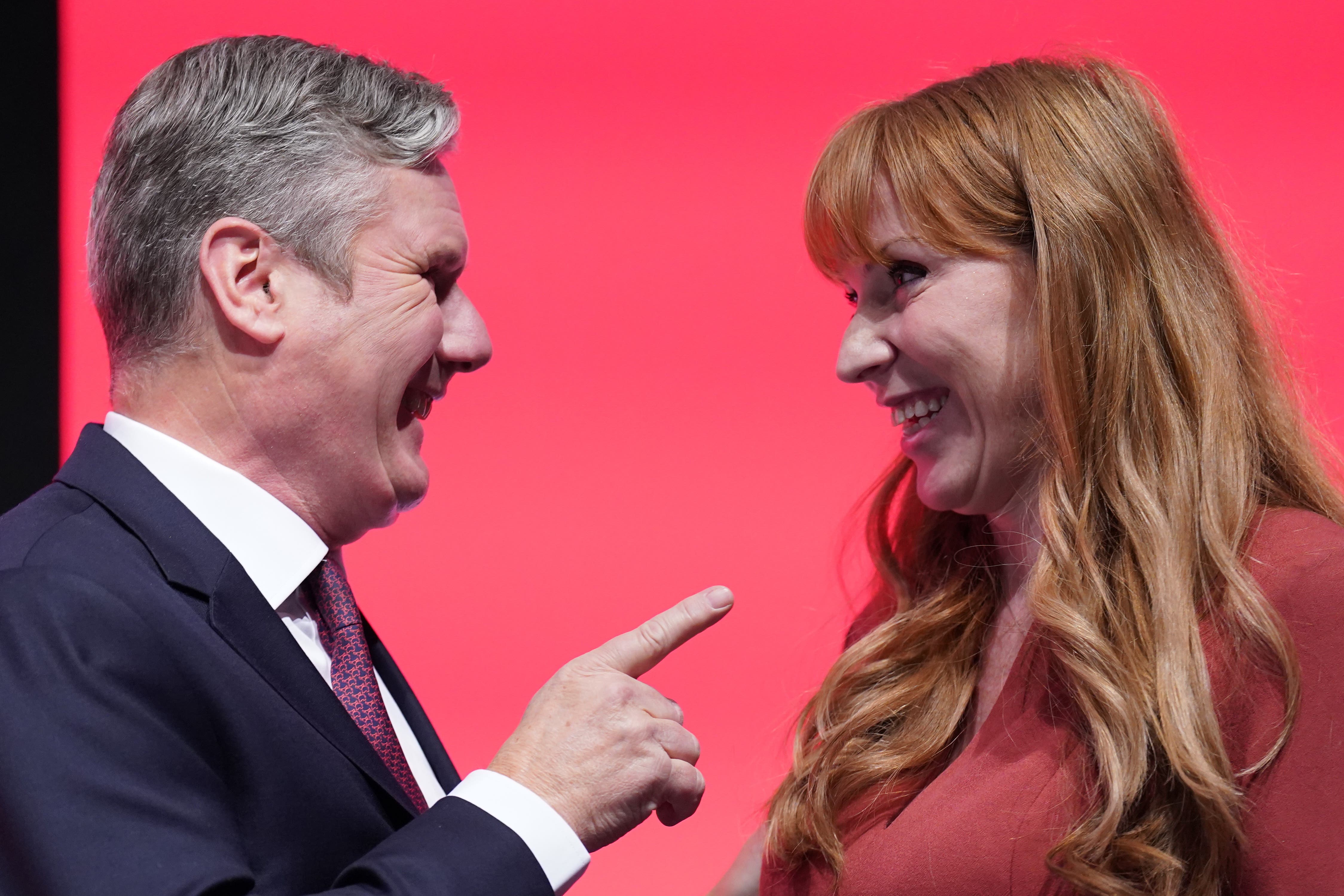Labour enjoys highest opinion poll ratings for more than 20 years
The party has now been ahead of the Tories for nine months.

Your support helps us to tell the story
From reproductive rights to climate change to Big Tech, The Independent is on the ground when the story is developing. Whether it's investigating the financials of Elon Musk's pro-Trump PAC or producing our latest documentary, 'The A Word', which shines a light on the American women fighting for reproductive rights, we know how important it is to parse out the facts from the messaging.
At such a critical moment in US history, we need reporters on the ground. Your donation allows us to keep sending journalists to speak to both sides of the story.
The Independent is trusted by Americans across the entire political spectrum. And unlike many other quality news outlets, we choose not to lock Americans out of our reporting and analysis with paywalls. We believe quality journalism should be available to everyone, paid for by those who can afford it.
Your support makes all the difference.Labour is currently enjoying some its highest opinion poll ratings for more than 20 years.
A poll published on Thursday by Survation gave the party a vote share of 49%, 21 points ahead of the Conservatives on 28%, while a separate poll by YouGov put Labour even higher on 54%, 33 points ahead of the Tories.
The last time Labour recorded these kinds of poll numbers was at the start of 2002, during Tony Blair’s second term as prime minister.
The party often topped 50% in the early years of Mr Blair’s premiership.
It enjoyed similarly high poll ratings in the mid-1990s, particularly in the run-up to the general election in May 1997 when Labour won a landslide victory over the Conservatives.
On several occasions during the autumn of 1997, Labour even managed to top 60%.
The last time the party was ahead by more than the 33 points recorded in the latest YouGov poll was back in 1998.
Labour maintained a double-digit poll lead over the Conservatives almost continuously from late 1993 to early 2002.
The lead occasionally grew as large as 40 points in the mid-1990s.
Since 2002 the picture has been rather different, however.
Labour’s performance in the polls in the past 20 years can be divided into six phases.
From early 2002 to the end of 2005, a period that included the Gulf War and Labour’s third consecutive general election victory, the party remained ahead of the Conservatives but saw its lead start to shrink.
Labour then began to slip behind the Tories at the end of 2005 and – save for a brief bounce when Gordon Brown replaced Mr Blair as prime minister in summer 2007 – fell further behind in the years up to the 2010 general election, when it lost power after 13 years.
Labour moved back in front in 2011 and held a small lead for much of the next three years, but by the time of the 2015 general election the polls were pretty much tied.
Between the 2015 and 2017 elections the Conservatives held a comfortable poll lead.
This was followed by a period where the two parties were neck and neck, though both saw their ratings sink in the first half 2019 while smaller groups such as the Liberal Democrats and the Brexit Party enjoyed a bounce.
Finally, after the 2019 general election the Tories managed to move ahead of Labour once more until just before Christmas 2021, when stories first emerged of Downing Street parties during Covid-19 lockdowns, since when Labour has been in front.
Opinion polls are snapshots of the prevailing public mood, not projections or forecasts.
With the next general election at least two years away – the latest possible date is January 23, 2025 – there is plenty of time for the national numbers to change.
But polls both shape and reflect the prevailing mood of the country, in turn affecting morale among politicians and party members alike, which is why the recent jump in the size of Labour’s lead is significant.